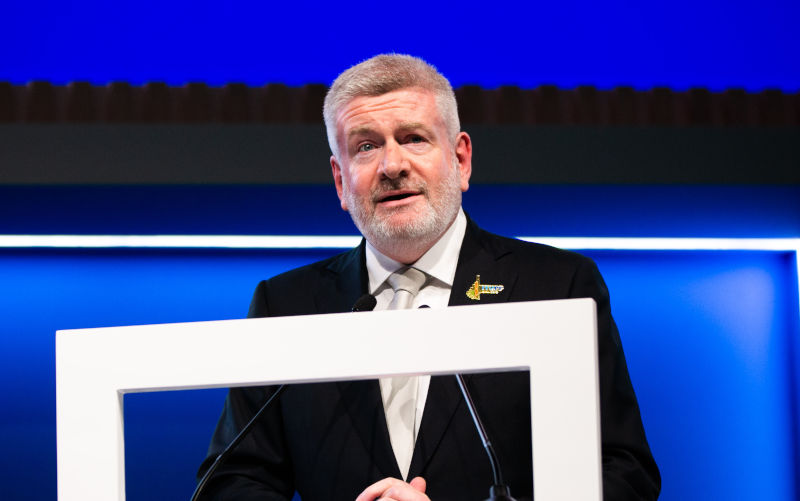Ray Edmondson: Coalition jobs for the boys and girls before the "Caretaker Period" start with the AAT!
April 5, 2022
Public institutions need the guidance of expert boards, and appointments to them should be well considered, transparent, merit-based and non-political. In many countries thats normative and taken for granted. But not in Australia. Under the Coalition government the boards of some of our great institutions have been thoroughly politicised.
Back in May 2019 the election was looming, and Arts Minister Mitch Fifield was racing to fill board vacancies. During the six days before caretaker mode took effect on 11 April, he made 27 three-year appointments to just nine boards, including the National Library, National Museum and National Gallery. The last, on 10 April with just hours to spare, put auctioneer and former Nationals MP Ewen Jones on the Board of the National Film and Sound Archive. The Coalition was expecting to lose, but it wanted to deny an incoming Labor government the freedom to make its own appointments. And thats in just_one_area of_one_portfolio. What was happening elsewhere?
Such blatant stacking couldnt happen in Canada. Or New Zealand. Or Britain. Transparent, merit-based processes take such appointments away from the private gift of ministers and into the hands of publicly accountable panels or commissioners. Thats why the boards of bodies like the British Museum and the British Library have the stature, diversity, connections and professional expertise to make them credible advocates for the institutions they lead. They are accountable to the community, not to politicians.
But not in Australia. If you expected to find librarians on the board of our National Library or curators on the board of the National Museum, youd be disappointed. Across the spectrum, youre more likely to find bankers, lawyers, corporate types and ex-politicians instead of the real stakeholders in the institutions concerned. And theyll be sitting on multiple boards rather than having the time to focus on just one. Its a system wide open to patronage and quiescence instead of advocacy, integrity and professional leadership. It short changes the community and deprives institutions of the top level expertise they need.
In 2006 Meredith Edwards wrote her seminal report_Appointments to Public Sector Boards in Australia,_demonstrating how far Australia lagged comparator countries in its processes, and why those countries had lifted their game to address issues of political bias, cronyism, conflicts of interest, competence and general public cynicism. She proposed options for change, including the setting of selection criteria for appointees and a code of practice.
Others have pursued the issue. In his 2019 review of the Administrative Appeals Tribunal, former Justice Ian Callinan called for merit based criteria to be applied to new appointments. Shadow Attorney General Mark Dreyfus claimed that over the last seven years there have been over 70 Liberal mates appointed to the AAT in an unprecedented orgy of political stacking.
But to no avail.
On 18 October 2021 Zali Steggall MP asked the Arts Minister Paul Fletcher whether he would fill two current vacancies on the National Film and Sound Archive Board by appointing experts with academic and professional credentials appropriate to audiovisual archiving, and seek to amend the NFSAs_Act_to ensure future appointees satisfied such criteria. On 17 December when we were all paying attention - Fletcher responded, announcing the appointment of two close relatives of former Liberal Party leaders, one of them as the new Chair. He added that he had no intention of amending the NFSA Act.
The reform of appointment processes is surely an issue that merits the urgent attention of the long-awaited but yet to arrive National Integrity Commission, or of an expanded Australian National Audit Office, but it will probably have to get in the queue behind sports rorts, car park rorts, water rorts and goodness knows what else these bodies will have on their crowded agendas.
And it will be after the election. It wont be soon enough to forestall another expected blitz of pre-caretaker period board appointments in May.
Dr Ray Edmondson OAM is a consultant, teacher and writer on documentary heritage issues and was the founding Deputy Director of the National Film and Sound Archive of Australia.

